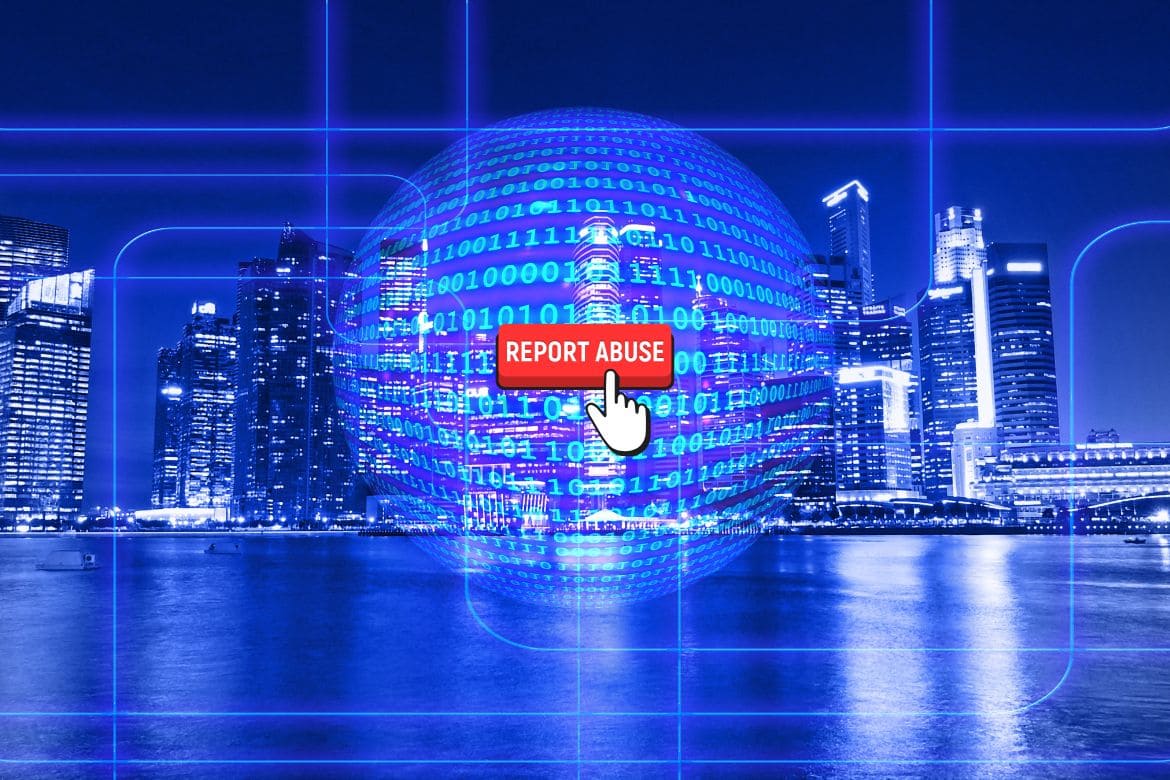Table of Contents
The long-awaited Computer Misuse Bill of Uganda has finally become operative. The Bill was assented to by the President on the 13th of October, 2022, and gazetted on the same day.
Yoweri Museveni, president of Uganda, signed the contentious Computer Misuse Bill (which is a modification) into law one month after it was delivered by the country’s legislature.
If you remember, we reported recently: Cybercrime in Uganda: Stricter Laws Have Been Passed (Computer Misuse Amendment Bill 2022).
The Presidential Press Unit (PPU) made the announcement today (Thursday, October 14 2022). The Bodily Planners’ Registration Act, the Kampala Capital Metropolis (Modification) Act, the Mining and Minerals Act, and the Computer Misuse (Modification) Bill are four bills that the president signed into law in accordance with the PPU.

A brief history of the computer misuse bill of Uganda
Note: The 2011 Computer Misuse Act has been modified by the bill, which is now an act.
Muhammed Nsereko, a member of the Ugandan parliament, talking about the computer misuse bill of Uganda suggested a change to the 2011 Act in July of this year, claiming that the Act does not take social media data sharing into account.
The purpose of the computer misuse bill of Uganda is to:
“…strengthen the provisions on unauthorised entry to data or information; to prohibit the sending or sharing of any data pertaining to a toddler without consent from a parent or guardian; to prohibit the sending or sharing of data that promotes hate speech; to supply for the prohibition of sending or sharing false, malicious, and unsolicited data,”
The bill.
While much of the bill is the same as the one from 2011, the parliament introduced amendments to Part 12 of the bill. The modification’s clause 2 states:
“Any one that, with out authorization, (a) accesses or intercepts any program or one other individual’s information or data; (b) voice or video information one other individual; or (c) shares any details about or that pertains to one other individual, commits an offence.”
The bill also includes provisions to combat online harassment, and new revisions forbid Ugandans from publishing, sending, or distributing information that might be used to mock, denigrate, or disparage another person, tribe, religion, or gender.
For penalties, the initial draft of the invoice suggested adopting fines of up to UGX 15 million ($3,900) and sentences of up to 10 years in jail, or each, for the stated offences.
All public officials found guilty of crimes included in the bill would also be barred from holding public office for ten years. Nevertheless, the parliament rejected these proposed revisions in September 2022.
The Computer Misuse Bill – a contentious and unnecessary change
Since the bill’s initial proposal in July, detractors have posted objections on online message boards. An example is given below from twitter.com, the social media platform:
It’s considered a “blow to online civil freedoms” by others, including the Collaboration on Worldwide ICT Coverage for East and Southern Africa (CIPESA).
Although these changes would logically promote national unity and discourage cybercrime, they may and have been utilised to stifle free expression and digital rights in countries like Uganda.
For instance, author and social critic Stella Nyanzi has at least twice been detained and imprisoned for “insulting” Yoweri Museveni of Uganda on social media, once for referring to him as “a pair of buttocks” in a Facebook post.
More recently, renowned author Kakwenza Rukirabashaija was imprisoned and tortured for a series of tweets in which he criticized Museveni and called his son “plump” and “pigheaded.”
Authorised detractors claim that the bill is attempting to address a gap that does not exist. For instance, CIPESA says that the bill duplicates the Data Safety and Privacy Act and the Regulation of Interception of Communications Act 2010, both of which already address illicit data access and interception.
Aminah Zawedde, the permanent secretary of Uganda’s ministry of information and communication technology (ICT), has called for the bill’s withdrawal since it was introduced in August. Zawedde said the ministry is working on a more robust computer bill that would provide for the control of media content. He also called for cooperation between the ICT ministry and the parliament.
We decided to give you the Data and Communications Bill 2022 to serve as the industry’s encompassing BILL because we currently have overlaps. Along with the Computer Misuse Act, we are evaluating all of the ICT-related Acts, she continued.
Plea turned down by parliament
However, the parliament turned down the Ministry’s plea and delivered the bill a few weeks later. The bill has now passed the final hurdle before becoming law, with Museveni’s endorsement. The Ugandan government has yet to reveal the exact day that the bill would likely see its enforcement.
The bill is released at a crucial time when numerous African countries are coping with severe social media regulations. Nigeria, for example, is currently debating its ICT Practitioners’ Bill, Hate Speech Bill, and NITDA Code of Apply Payments. In contrast, Kenya is currently debating its Social Media Bill.



